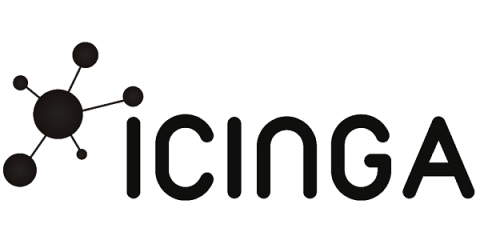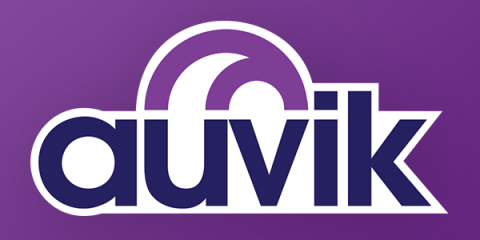Operations | Monitoring | ITSM | DevOps | Cloud
%term
Paul Dix [InfluxData] | InfluxData Platform Future and Vision | InfluxDays 2019 NYC
Writing High Performance .NET Code
Detecting the Kubernetes API Server DoS Vulnerability (CVE-2019-1002100)
Recently, a new Kubernetes related vulnerability was announced that affected the kube-apiserver. This was a denial of service vulnerability where authorized users with write permissions could overload the API server as it is handling requests. The issue is categorized as a medium severity (CVSS score of 6.5) and can be resolved by upgrading the kube-apiserver to v1.11.8, v1.12.6, or v1.13.4.
Icinga 2.10.4 bugfix release
This release provides fixes for the InfluxDB and Elasticsearch metric writers. If you’re using TLS connections, the latter were not closed correctly. In addition to these fixes, we’ve also backported fixes for delayed and one-time notifications. Special thanks to mdetrano for being patient and testing this one.
Setting Up Your PagerDuty For Sweet Victory
Congratulations! You’ve just purchased PagerDuty, meaning you’ve decided to make an investment in your incident management process. However, in order to maximize your investment, you will need to understand all the moving pieces within PagerDuty. Today, we’ll be setting up PagerDuty for one team: the Bikini Bottom Team.
Choosing a Website Monitoring Firm? Ask These 5 Questions Before You Buy - Not After
Hey brother, can you spare $5 million? That’s about what Amazon estimates it lost in sales back in 2013, when its website went down for around 40 minutes. For the math junkies out there, that’s $125,000 a minute, or $2,083.33 a second.
NetFlow Basics: An Introduction to Monitoring Network Traffic
Quantifying the Digital Employee Experience
We’ve talked to a lot of people about their company’s digital employee experience the past few years – from C-suite executives and board members looking to make sure they’re doing what they can to make work lives better and retain staff, to the actual CIOs and IT managers tasked with changing and improving their employees’ workplace experience. We’ve even heard from employees on the front lines every day about what works and what doesn’t at their companies.
Evolution of NoOps from DevOps
Over the years DevOps has well established its methodologies for performing continuous deployment of applications and patches with the least amount of effort. Moreover, it has successfully paced itself to be competitive in the face of digital disruption, for which many organizations are keen to adopt in all facets.











